1. What are the legal requirements for marriage in Australia?
a. A Notice of Intended Marriage (NOIM) needs to be lodged with me at least one month before your wedding day.
I prepare the document and witness you signing it. To prepare the NOIM I need to sight your original birth certificates or passports. If either of you have been previously married, I will need to see an original Divorce Certificate or Death Certificate.
* If you require a copy of your Divorce Certificate (or Decree Absolute), contact the Family Law Court in the state in which the marriage was dissolved. More details can be found at Family Law Courts (family court.gov.au).
* If one/both of you is born overseas and you do not have a passport and are unable to obtain a full birth certificate, I can prepare a statutory declaration for you.
* Foreign language documents must be translated into English and a NAATI accredited Translation Certificate supplied.
b. You both must be over 18 years of age. If one person is under the age of 18, marriage is still possible by parental consent as per section 12 of the Marriage Act.
c. The ceremony needs to be witnessed by two people, over the age of eighteen years who understand English.
d. The Marriage Act 1961 requires that certain statements are included in your ceremony. I will explain this in more detail at our first meeting.
2. What if we wish to be married sooner than the minimum time permits?
If special circumstances exist, a Prescribed Authority may approve your application to the BDM for a shortening.
Special circumstances include:
1. Employment related or other travel commitments.
2. Wedding or celebration arrangements, or religious considerations.
3. Medical reasons.
4. Legal proceedings.
5. Error in giving notice.
You’ll need to attach documents as evidence of your reason for shortening, such as letters of employment, travel documents, airline tickets, receipts of payment, letters from medical practitioners or court orders. Your completed NOIM, copies of your supporting identity documents and a letter from your celebrant should also be included.
3. What can and can’t we include in our marriage ceremony?
There are a handful of legal words that have to be said during the ceremony but apart from that your ceremony is a blank canvas. I can guide you in structure, the wording etc but really you can do almost anything you like!
4. Who can act as a witness to the ceremony?
Two people, over the age of eighteen can be your witnesses. They should be able to speak and understand English, otherwise an interpreter will be required. At the completion of the ceremony you, the Celebrant and the witnesses will be required to sign the Marriage Register and Marriage Certificate.
5. What is a surprise wedding ceremony?
A surprise wedding ceremony is a ceremony whereby most guests, if not all, only learn that a marriage ceremony is to take place moments beforehand. Often guests arrive believing they are attending an engagement or birthday party. The surprise element cannot extend to any party to the marriage. In other words, no matter how romantic or appropriate the gesture may seem you can’t surprise your partner with a marriage ceremony.
6. Do we have to attend any pre-marital courses?
No. However you may wish to contact the organisations below:
Relationships Australia 1300 364 277 www.relationships.com.au
Interrelate 1300 736 966 www.interrelate.org.au
I will also provide you with the pamphlet Happily Ever... Before and After.
7. How do I change my name after the marriage ceremony?
You can obtain a marriage certificate after the wedding from the office of Births, Deaths and Marriages (BDM) in the state in which you were married. You then apply to Service NSW, banks, passport office, ATO etc individually to have your name changed to a new married one. Most of them will just ask to see your BDM marriage certificate. A valid marriage certificate will not change the name on a birth certificate / birth record.
8. Can I use the Marriage Certificate we receive at our marriage ceremony to evidence a name change?
No. The certificate you receive at the end of your ceremony is a commemorative certificate and will not support your application to change your identity documents. I will lodge the official documentation with the Registry of Births Deaths and Marriages on your behalf after the marriage ceremony. You should then contact the Registry directly to obtain a legally recognised certificate.
9. We are having a commitment ceremony but I still wish to change my surname. How do I do this?
As your ceremony will not be a legally recognised marriage ceremony, you won’t be issued with an official marriage certificate by the Registry of Births Deaths and Marriages. After your ceremony, you will need to contact the Registry of Births Deaths and Marriages in your state and lodge an Application to Register a Change of Name. The process will cost approximately $90. You will then be issued with a Change of Name Certificate. This can be used to change your identification documents.
If there’s anything else you want to know about getting married in Australia, get in touch & I’ll be able to answer your question.

